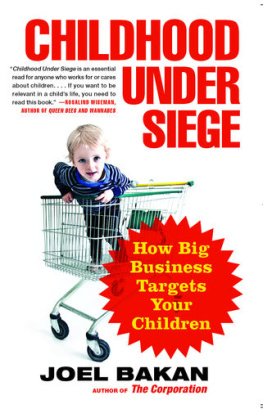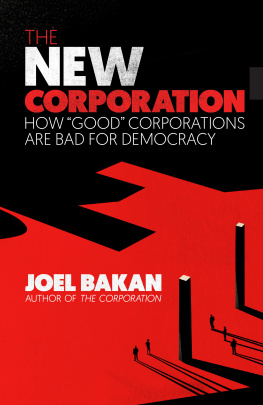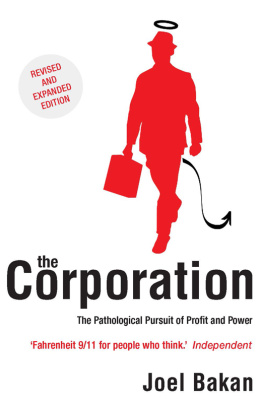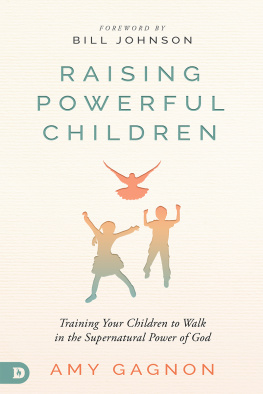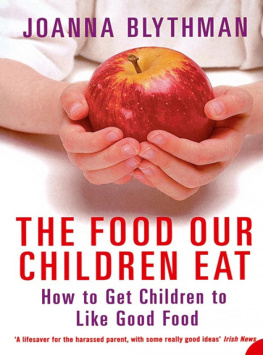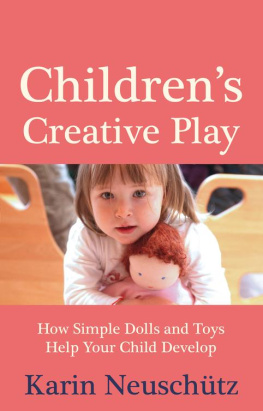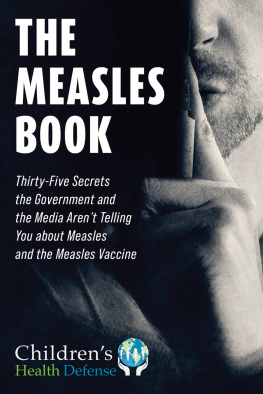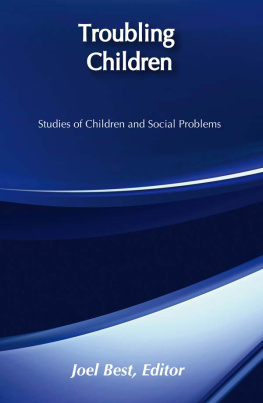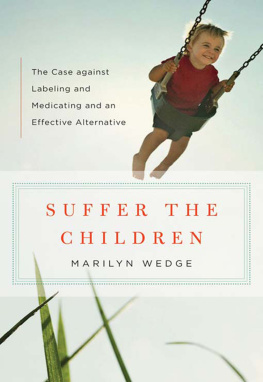

Also by Joel Bakan
The Corporation: The Pathological Pursuit of Profit and Power
Just Words: Constitutional Rights and Social Wrongs


A Division of Simon & Schuster, Inc.
1230 Avenue of the Americas
New York, NY 10020
www.SimonandSchuster.com
Copyright 2011 by Joel Bakan
All rights reserved, including the right to reproduce this book or portions thereof in any form whatsoever. For information address Free Press Subsidiary Rights Department, 1230 Avenue of the Americas, New York, NY 10020.
First Free Press hardcover edition August 2011
FREE PRESS and colophon are trademarks of Simon & Schuster, Inc.
The Simon & Schuster Speakers Bureau can bring authors to your live event.
For more information or to book an event contact the Simon & Schuster Speakers Bureau at 1-866-248-3049 or visit our website at www.simonspeakers.com .
Designed by Carla Jayne Jones
Manufactured in the United States of America
1 3 5 7 9 10 8 6 4 2
Library of Congress Cataloging-in-Publication Data
Bakan, Joel.
Childhood under siege: how big business targets children / by Joel Bakan.
p. cm.
Includes bibliographical references.
1. CorporationsMoral and ethical aspects. 2. Child consumers. 3. Target marketing.
4. Child welfare. I. Title.
HD2731.B227 2011
339.47083dc22 2011001628
ISBN 978-1-4391-2120-7
ISBN 978-1-4391-4118-2 (ebook)
For Rebecca
Myim and Sadie
Rita (in loving memory) and Paul
with all my love
Contents
Acknowledgments
R ebecca Jenkins, my wife, love, muse, best friend, and trusted editor, inspired, encouraged, and believed in me. She improved the prose and ideas of this book, draft after draft, with her deep intelligence, certain intuition, and remarkable ear for good writing, while also keeping me focused, confident, and connected to the joy and beauty of life. My kids, Myim and Sadie, inspired me and gave me hope, their lives and love, and my love for them, the surest answers to the sometimes nagging question Why am I doing this? I thank Myim for his intelligent and probing insights about, and help with, earlier drafts, as well as his unrelenting optimism and curiosity about the world. I thank Sadie for her teachings about the worlds of youth, and the deep emotional intelligence she brings to everything she does. Paul Bakan, my father and lifelong intellectual mentor, helped me with the research, provided sage advice and ideas in relation to drafts, and instilled confidence with his love and faith in me. Two other wise and brilliant souls, no less important in my life and work for the fact they no longer walk the earth, are Marlee Kline and Rita Bakan. I owe so much to both of them.
My editor at the Free Press, Emily Loose, has been an enthusiastic and unflagging supporter. She improved the book with her always insightful editing and her sure and impeccable sense of what needs through 5. Lisa Nevens and Claire Immega also did research for the book. Gary Burns, Bruce Lanphear, and Larry Raskin commented helpfully on earlier drafts, and discussions with Eleanor Feirestein, Mark Achbar, Danny Bakan, Andrew Petter, and Derryk Smith provided helpful ideas at various stages of the research and writing. I am grateful as well to the individuals who agreed to be interviewed for the project and thus took the time to provide me with their stories and insights.
I thank members of my family, in addition to those who I have already mentioned, for their love, support, and encouragement: Laura Bakan, Michael and Megan Bakan; Marilyn Jenkins, Carol and Terry Kline, Pauline Westhead; John and Glenna Jenkins, Ellen and Peter Colley, Carol Jenkins and Philip Tietze, Lucia Jenkins and Bob Cox, and Ruth Jenkins; Ronnie Kline and Ruth Buckwold, and Sandy Kline; and all of my nieces and nephewsIsaac and Leah, Adina and Zevy, Adam, Jackie, Sandy, Morgan, and Martha.
I could not have completed this work without the support of the University of British Columbias Faculty of Law, and I thank its members, and particularly Dean Mary Anne Bobinski, for their patience and constant encouragement.
Introduction
I remember vividly one hot summer night in the early 1970s. I had escaped the cramped and humid hell of a Catskills bungalow (my extended family had met there for a vacation), and made my way to the Teen Glow Ball Disco at the big hotel down the road. Girls, a mystery to me (I was thirteen at the time), had become intriguing over the previous year, and one of them on the dance floor caught my eye. After mustering the courage to ask her to danceshe said, YesI knew my luck was doubly blessed when a slow number came on. We embraced, awkwardly, and began to move together to the music. I thought I was in heaven.
But suddenly the lights came on, the music stopped, and the glow ball ceased to glow. Two men, their necks craned and eyes squinting, made their way slowly to the middle of the dance floor. One of them, my father, had a flashlight tied to his head with a bungie cord; the other, short with bandy legs, knee-high white socks, and Bermuda shorts, was my uncle Ben. Later that night I would learn the two men had been dispatched by my panic-stricken family to track me down and bring me home when they realized I had gone missing. But at that moment, standing there stunned on the dance floor, my dark-adapted eyes stinging in the harsh, unwanted light, I knew I had to do something, and fast.
I pulled my princess close, kissed her hard on the lips (a first for me), bolted the dance floor and fled the hotel. When I hit the unlit road, I took a last look behind me. There I saw the strangest sighta disembodied light bobbing eerily up and down, about six feet off the ground. It was, I realized, the flashlight attached to my fathers head.
Its me, Im over here, Im okay, I shouted.
Now, for most kids, certainly for me that night in the Catskills, parents can be a real dragclueless, embarrassing, sometimes humiliating, overprotective, and always uncool. They make rules, curtail freedoms, spy and monitor, assign chores, require homework be done, limit computer use and TV watching, curb candy and soda consumption, forbid sex, alcohol and drugs, impose curfews, and vet friends. Even young children, and certainly tweens and teens, understand that parents get in the way of fun.
Butand this is the tricky part of it allkids still want their parents to parent. Despite all the eye rolling and door slamming, they want parents to care about where they are and what they are doing, to care about them. My father had ruined my night and humiliated me, but even my snarky teenage self knew that as a parent, he was just doing his job. I hated what he did, but at some level I felt cared for, even loved, by the fact he had done something, however awful (did he really have to wear that flashlight on his head?), to keep me safe.
Parents, like my father that night, know their job is to keep kids safe, and to make sure they feel and are loved and cared for, protected. It is the most difficult job in the world.
I should confess: I was not a model child. There was nothing innocent, idyllic, or calm about my childhood. I shot squirrels with BB guns, pelted cars with rocks, taunted trains for the sake of a thrill and a flattened pennyeven blew up a small tree with a bundle of fireworks. I hung around the local drugstore plugging quarters into pinball machines and sneaking peeks at
Next page

